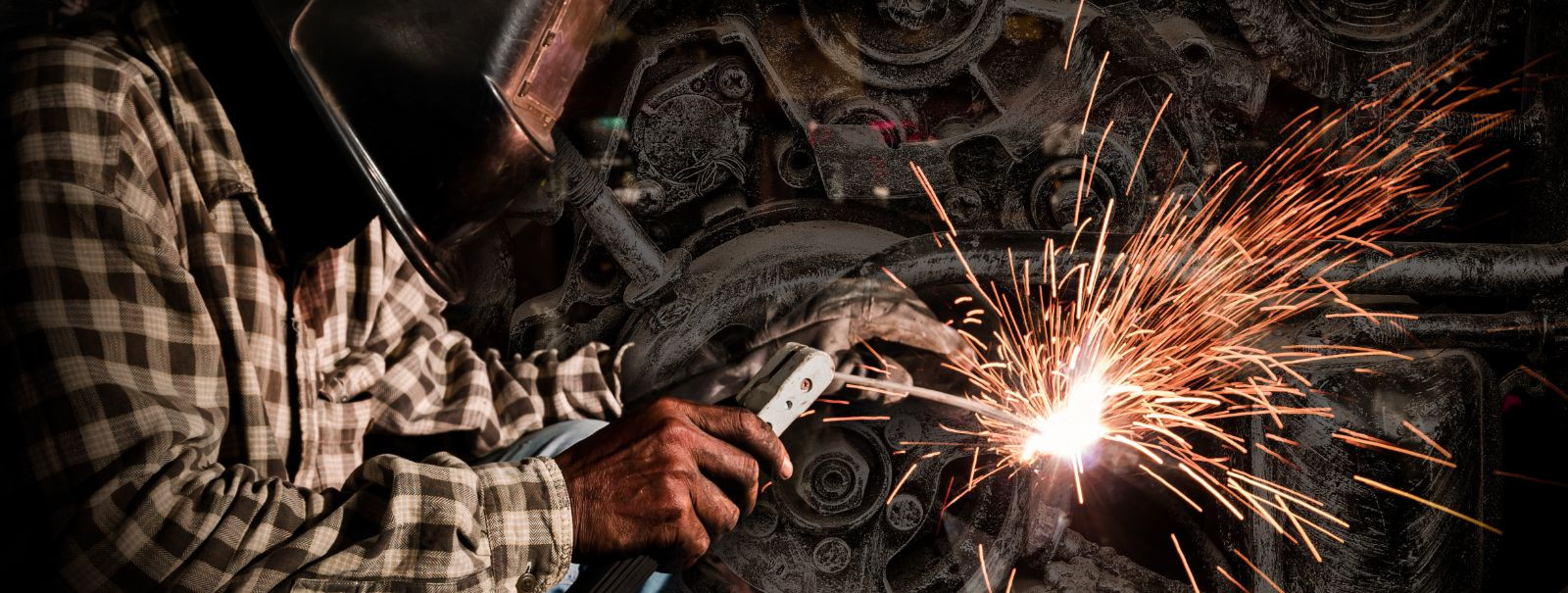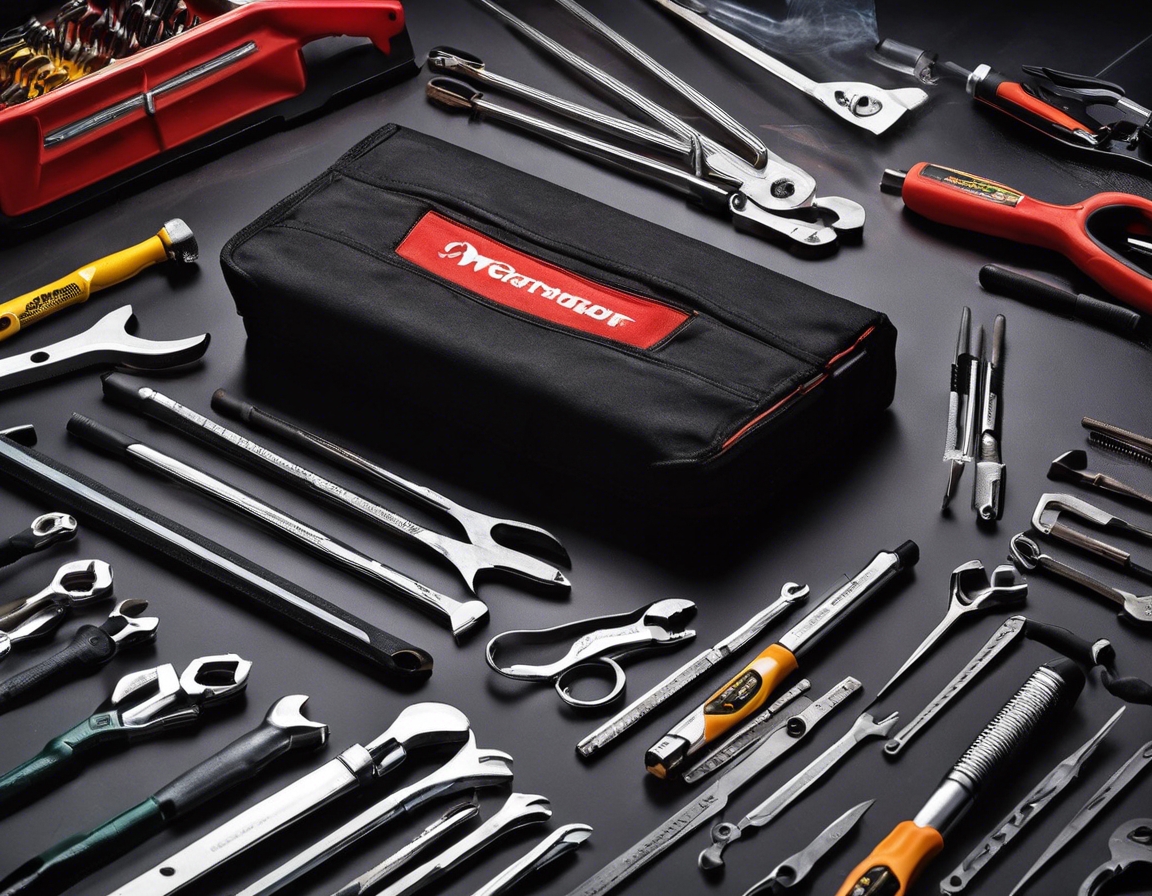Why regular vehicle maintenance can save you money
Regular vehicle maintenance is not just about keeping your car running; it's a strategic approach to cost savings. For automotive repair shops, classic car enthusiasts, and commercial fleet owners, maintenance is the cornerstone of vehicle longevity and reliability. By adhering to a regular maintenance schedule, you can avoid costly repairs and ensure that your vehicle operates at peak efficiency.
When considering vehicle maintenance, it's essential to understand the cost-benefit analysis. Investing in routine check-ups and timely repairs can prevent the escalation of minor issues into major financial burdens. This proactive approach to vehicle care ultimately leads to significant savings over the life of your vehicle.
Key Aspects of Regular Vehicle Maintenance
One of the most critical aspects of vehicle maintenance is the oil change. Regular oil changes keep your engine clean and well-lubricated, reducing wear and tear. This simple procedure can extend the life of your engine and prevent expensive engine repairs or replacements.
Proper tire maintenance, including regular rotations, balancing, and alignments, can improve fuel efficiency and reduce tire wear. This not only saves money on fuel but also extends the life of your tires, saving you from premature replacements.
Brake inspections are a critical safety measure and a cost-saving practice. Identifying and addressing brake wear early can prevent more extensive damage to the braking system, which can be costly to repair. Regular maintenance ensures that your brakes remain effective and can save you from the higher costs of brake system overhauls.
Regular battery checks can prevent sudden failures and the inconvenience of unexpected replacements. By maintaining your battery, you ensure reliable starts and extend the battery's lifespan, saving money on premature battery purchases.
Vehicle fluids are the lifeblood of your car's functionality. Regular checks and top-ups of fluids such as coolant, brake fluid, and transmission fluid can prevent overheating, corrosion, and other issues that could lead to expensive repairs.
How Neglecting Maintenance Can Lead to Higher Costs
Skipping oil changes can lead to a buildup of sludge and debris in the engine, causing increased friction and, ultimately, engine failure. The cost of an engine rebuild or replacement far exceeds that of regular oil changes.
Neglecting tire maintenance can result in uneven wear, reduced traction, and potential blowouts. These issues not only compromise safety but also lead to increased fuel consumption and the need for more frequent tire replacements.
Ignoring brake noise or reduced performance can result in damage to rotors and calipers, leading to more expensive repairs. Regular brake maintenance can prevent these costs and ensure your safety on the road.
Failing to maintain your vehicle's battery can lead to a shortened battery life and the risk of being stranded. Regular checks can identify potential issues before they become costly problems.
Maximizing Your Vehicle's Value and Lifespan
Maintaining a detailed record of your vehicle's maintenance history can significantly enhance its resale value. Prospective buyers are more likely to pay a premium for a vehicle with a transparent and thorough maintenance record.
Regular maintenance is the key to extending the lifespan of your vehicle. By keeping all components in optimal condition, you minimize the risk of breakdowns and the need for major repairs, thereby extending the life of your vehicle and saving money in the long run.
Adhering to the manufacturer's recommended maintenance schedule is often a requirement for keeping your vehicle's warranty valid. Regular check-ups can help you take full advantage of the warranty, which can cover significant repairs at no additional cost.





Kommentaarid (0)